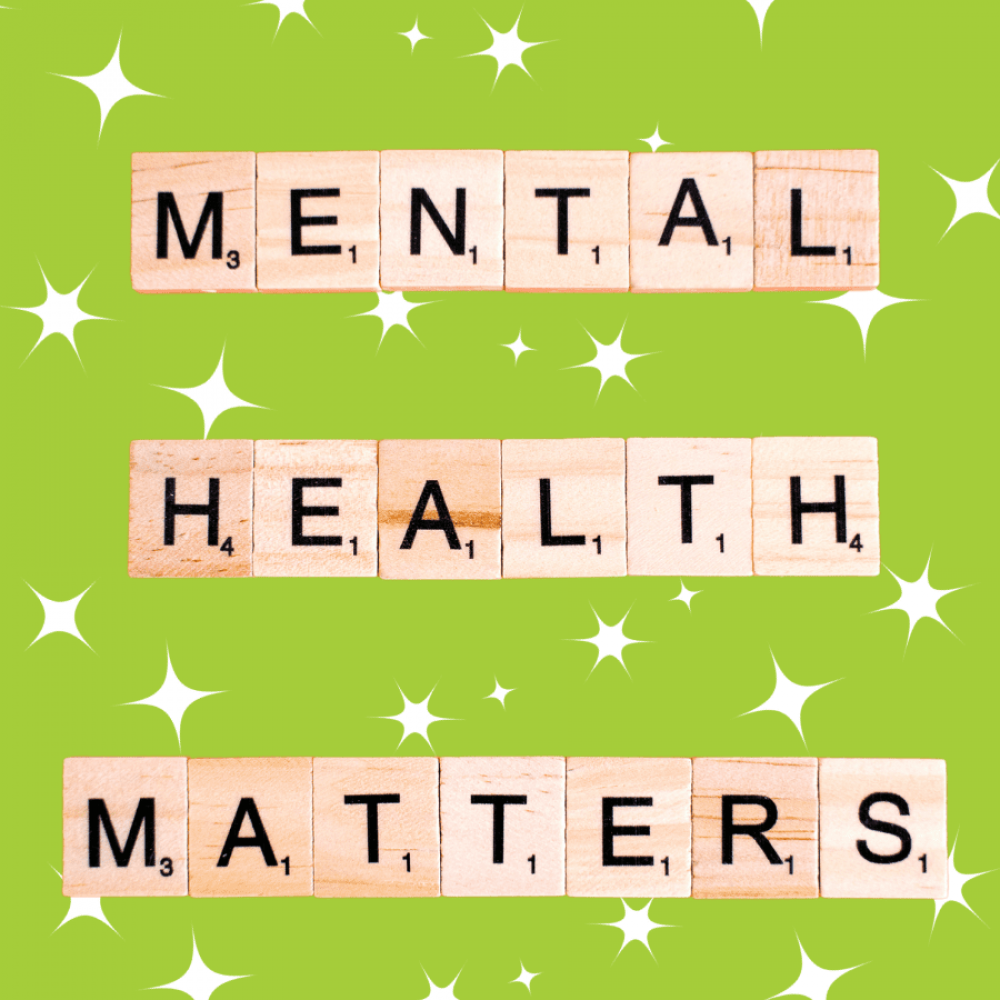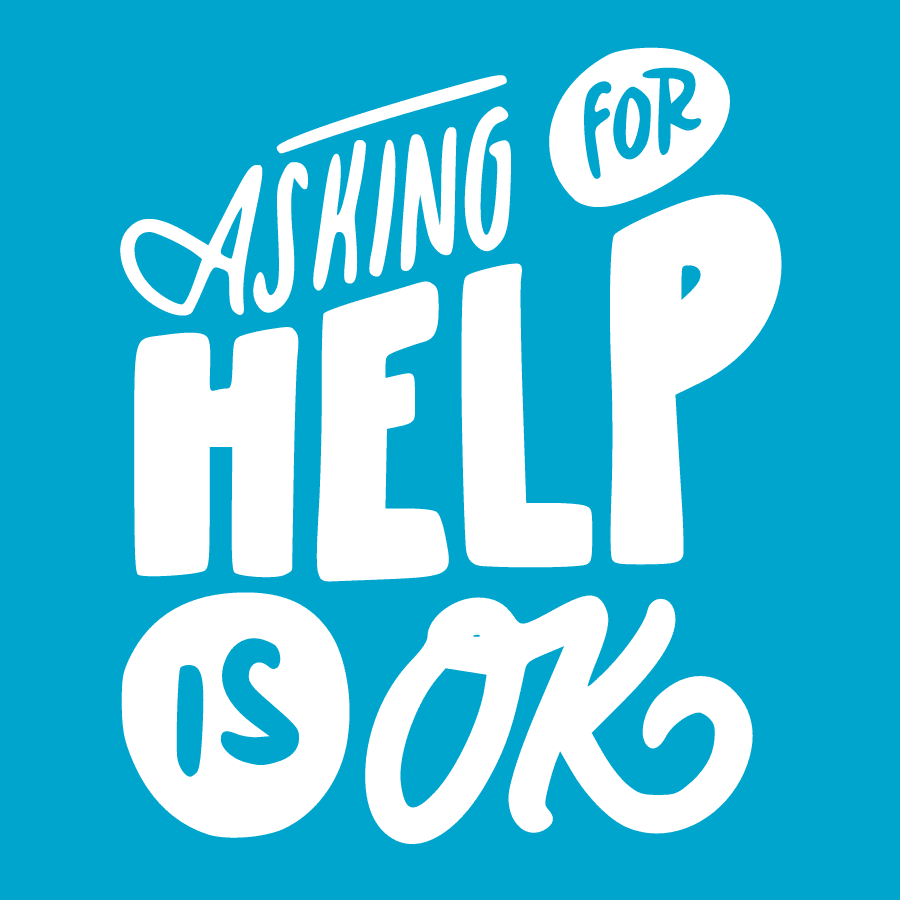Ways to Boost Mental Health Awareness

As we step into May, it’s important to talk about Mental Health Awareness Month. This month-long event aims to promote understanding, empathy, and support for individuals dealing with mental health issues. Mental health awareness is crucial for creating a society that is compassionate and inclusive, where mental health is given the same importance as physical health.
In recent years, there has been a growing recognition of the importance of mental health in the workplace. Employers have realized that the well-being of their employees is directly linked to the success of their organization. Poor mental health can lead to decreased productivity, increased absenteeism, and a negative work environment. Therefore, it’s essential for organizations to prioritize mental health awareness and create a supportive and inclusive workplace culture.
This blog will explore ways to boost mental health awareness, both in the workplace and in the wider community. From educational campaigns and workshops to utilizing social media, there are various strategies that can be implemented to raise awareness and reduce the stigma surrounding mental health. Organizations and individuals alike have a role to play in promoting mental health awareness and supporting those who may be struggling.
The Current State of Mental Health Awareness
Mental Health Awareness Month, has been an important event since its inception in 1949 by the Mental Health America organization. It serves as a platform for community members and organizations to come together and raise awareness about mental health, reduce stigma, and promote understanding and support.
In the United States, the current state of mental health awareness is evolving. More organizations are recognizing the importance of mental health in the workplace and taking steps to address it. National Alliance on Mental Health reports that the US economy loses around 193.2 billion dollars each year due to mental health issues. This loss highlights the importance of investing in mental health awareness and support.
However, there is still work to be done. Stigma surrounding mental health continues to persist, preventing individuals from seeking help and support. By increasing mental health awareness and promoting open conversations, we can create a society that is more understanding and supportive of individuals dealing with mental health challenges.
Debunking Myths Surrounding Mental Health
One of the barriers to mental health awareness is the prevalence of myths and misconceptions surrounding mental health. These myths contribute to the stigma surrounding mental illness and can prevent individuals from seeking help and support.

One common myth is that mental health issues are a sign of weakness or a personal failing. However, mental health conditions are not a result of personal weakness or character flaws. They are medical conditions that can affect anyone, regardless of their background or circumstances. Another myth is that people with mental health issues are dangerous or violent. In reality, individuals with mental health conditions are more likely to be victims of violence than perpetrators.
By debunking these myths and promoting accurate information, we can reduce stigma and create a more supportive and understanding environment for individuals dealing with mental health challenges.
Educational Campaigns and Workshops
Educational campaigns and workshops play a crucial role in raising awareness about mental health and providing individuals with the knowledge and skills to support themselves and others. Here are some key points to consider when conducting educational campaigns and workshops:
- Collaborate with mental health professionals and organizations to ensure accurate and up-to-date information is shared.
- Provide information on common mental health conditions, their symptoms, and available treatments.
- Offer practical strategies for managing stress, promoting self-care, and building resilience.
- Encourage open and honest conversations about mental health and create a safe and supportive environment for individuals to share their experiences and seek help.
By organizing educational campaigns and workshops, organizations can empower individuals to take care of their mental health and support others who may be struggling.
Utilizing Social Media for Wider Reach
Social media platforms provide a powerful tool for raising awareness about mental health and reaching a wider audience. Here are some ways to utilize social media for mental health awareness:

- Share informative and educational content about mental health, including articles, videos, and infographics.
- Encourage individuals to share their stories and experiences with mental health, promoting empathy and understanding.
- Engage with followers by asking questions, hosting live Q&A sessions, and providing resources and support.
- Collaborate with influencers and public figures who are passionate about mental health advocacy to amplify the message and reach a larger audience.
Social media can be a valuable tool for connecting individuals, providing support, and spreading awareness about mental health. Organizations and individuals can leverage social media platforms to make a significant impact on mental health awareness.
Role of Organization and Cleanliness in Mental Health
Since Better Life Maids is a cleaning company, let’s talk about how a clean environment can have numerous psychological benefits that contribute to mental health and well-being. Creating a supportive and inclusive environment for mental health extends beyond educational campaigns and social media. The role of organizations and cleanliness in promoting mental health cannot be overstated.
A clean and organized environment can have a positive impact on mental health and well-being. It provides a sense of calm and relaxation, reduces stress levels, and improves focus and productivity. Organizations can promote mental health by prioritizing cleanliness and organization in the workplace, providing a space that is conducive to mental well-being.
Additionally, organizations can implement policies and practices that support mental health, such as flexible work arrangements, access to mental health resources, and promoting work-life balance.
Psychological Benefits of a Clean Environment
Here are some key psychological benefits of a clean environment:
- Reduced stress levels: A clutter-free and organized environment can reduce feelings of stress and overwhelm, promoting a sense of calm and relaxation.
- Improved focus and productivity: A clean and organized space allows individuals to focus on their tasks and be more productive, reducing distractions and enhancing concentration.
- Enhanced mental clarity: A clean environment promotes mental clarity and reduces mental fatigue, allowing individuals to think more clearly and make better decisions.
- Sense of control: Keeping a clean environment gives individuals a sense of control over their surroundings, which can boost self-confidence and overall well-being.

By promoting cleanliness and organization, organizations can create a positive and supportive environment that fosters mental health and well-being.
Encouraging Open Conversations About Mental Health
Creating a culture of open conversations about mental health is crucial for reducing stigma and providing support to individuals who may be struggling. Encouraging open conversations helps to normalize mental health and create a safe and supportive environment where individuals feel comfortable seeking help and sharing their experiences.
How to Listen and Provide Support
Listening and providing support are essential skills when it comes to promoting mental health awareness. Here are some tips for listening and providing support to individuals who may be struggling with their mental health:
- Create a safe and non-judgmental space for individuals to share their thoughts and feelings.
- Practice active listening by giving your full attention, maintaining eye contact, and showing empathy and understanding.
- Validate their feelings and experiences, letting them know that their emotions are valid and important.
- Avoid giving unsolicited advice or trying to “fix” their problems. Instead, focus on providing emotional support and being a compassionate listener.
- Encourage them to seek professional help if needed and provide information on available resources and support services.
By actively listening and providing support, individuals can make a significant difference in someone’s mental health journey.
Access to Professional Mental Health Services
Access to professional mental health services is crucial for individuals in need of immediate help and support. Here are some ways to ensure access to professional mental health services:
- Promote awareness of available mental health services, including counseling, therapy, and psychiatric care.
- Provide information on how to access these services, including contact information and appointment scheduling.
- Collaborate with local healthcare providers and community organizations to ensure individuals have access to affordable and quality mental health services.
- Educate community members about the importance of seeking professional help when needed and reduce stigma surrounding mental health treatment.
- Establish partnerships with mental health professionals and organizations to provide free or discounted services to individuals who may not have insurance or financial means to access care.
By ensuring access to professional mental health services, communities can support individuals in their mental health journey and promote overall well-being.

Conclusion
In conclusion, boosting mental health awareness is essential for creating supportive communities. By debunking myths, promoting open conversations, and implementing support systems, we can make a positive impact. Educational campaigns, social media outreach, and organizational habits play crucial roles in enhancing awareness. Encouraging safe spaces for sharing experiences and providing access to professional services are key steps. Let’s work together to integrate mental health education into various sectors, from schools to local communities, and leverage influencers to amplify our message. Together, we can foster a culture of understanding and support for mental health. Let’s start this journey today!
Resources
If you or someone you know needs support, click here for a link to resources. You are not alone.
Frequently Asked Questions
What are the first steps to take if someone is struggling?
If someone is struggling with their mental health, the first step is to encourage them to seek professional help. They can reach out to mental health services, helplines, or support groups. It’s also important to provide immediate support, such as active listening, empathy, and reassurance.
How can I contribute to mental health awareness in my community?
You can contribute to mental health awareness by educating yourself and others about mental health, sharing resources and information, and promoting open conversations. You can also engage in community events and initiatives that raise awareness and support mental health.
What resources are available for those needing immediate help?
For immediate help call the lifeline 1-800-273-8255